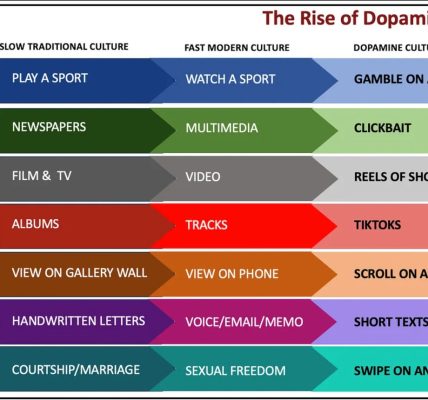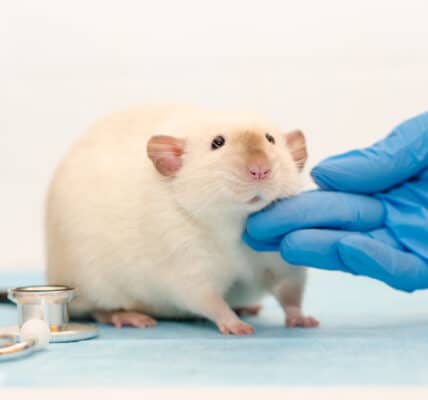“Magic Mushroom” Study Will Look at Treating Addiction, Trauma

A groundbreaking study at the University of Washington School of Medicine will look into the therapeutic potential of psychedelic mushrooms in treating addiction and trauma, as was reported by Axios this week. Led by Dr. Nathan Sackett, an addiction psychiatrist, this research project holds immense promise for those grappling with substance abuse and post-traumatic stress disorder (PTSD).
The significance of this study extends beyond the confines of academia as its outcomes could shape the future accessibility of psychedelic-assisted therapy for Washingtonians and potentially reverberate across the nation. Dr. Sackett emphasizes that the success of the trial may determine whether individuals in need can access therapeutic psychedelics in the foreseeable future.
At the heart of this study lies a broader movement in scientific inquiry, driven by increased interest and federal funding from institutions such as the National Institute of Health (NIH). Research into the therapeutic applications of psychedelics like psilocybin, LSD, and MDMA is experiencing a renaissance, offering new avenues for addressing addiction and mental health disorders.
Dr. Sackett’s journey into psychedelic research was propelled by a desire to transcend the limitations of conventional addiction treatment. He underscores the urgency of finding treatments that genuinely “move the needle” and improve outcomes for patients.
The upcoming trial at UW Medicine aims to enroll approximately 40 first responders and military veterans afflicted with both PTSD and alcohol use disorder. This focus on individuals with co-occurring disorders is crucial, as they represent a demographic that may derive significant benefits from psychedelic therapy.
Participants in the study will undergo their psychedelic experiences in a controlled environment, accompanied by trained therapists. The inclusion of psychotherapy sessions before and after the psychedelic experience underscores the comprehensive approach taken by researchers.
A notable aspect of the study is the utilization of a placebo-controlled design, where participants initially assigned to the control group will subsequently receive the experimental treatment. This methodology ensures rigorous evaluation of the therapeutic efficacy of psychedelic mushrooms.
While legislative reforms have gradually increased accessibility to psychedelic drugs in certain jurisdictions, Washington state’s decision to mandate the UW study underscores a commitment to evidence-based policymaking. By prioritizing scientific inquiry, policymakers seek to ensure the safe and effective integration of psychedelic therapies into medical practice.
Looking ahead, the University of Washington has secured funding for a separate study examining the potential of ibogaine — a potent psychedelic derived from Africa — in treating opioid addiction. This multifaceted approach underscores the evolving landscape of addiction treatment and the role of psychedelics therein.
AddictionNews looked at treating addiction with the help of psychedelics before, including ibogaine. The interest in this area of research seems to be gaining momentum. Just to mention a couple of recent studies, the authors of a 2021 study the results of which were published in the Journal of Psychoactive Drugs wrote:
Participants associated magic mushroom use with lasting impacts on their lives including transformation and learning experiences… Participants’ perceived positive outcomes and relatively low risk profile warrants further research to inform how magic mushroom users can maximize potential positive outcomes and also minimize harms.
A year later, the journal Addiction Neuroscience published a review of the literature on psychedelics in the treatment of SUDs. The literature is divided into “classic psychedelics” including LSD, DMT, psilocybin, and mescaline, and non-classic psychedelics such as ibogaine, ketamine, MDMA, salvinorin A, and THC. The authors conclude:
[T]he literature presents moderate evidence on the controlled use of psilocybin and ketamine for Alcohol Use Disorder, ketamine for management of opiate and alcohol withdrawal, and THC preparations for reducing withdrawal symptoms in Cannabis and possibly in Opioid Use Disorder.
The study at the University of Washington School of Medicine represents an important moment in the field of addiction and trauma treatment. By harnessing the therapeutic potential of psychedelic mushrooms, researchers aim to offer hope and healing to those in need, paving the way for a more holistic approach to mental healthcare.
Written by Tatyana Meshcheryakova. First published May 2, 2024.
Sources:
“UW’s ‘magic mushroom’ trial advancing,” Axios, April 30, 2024.
“Classic and non‐classic psychedelics for substance use disorder: A review of their historic, past and current research,” Addiction Neuroscience, September 2022.
“Psychedelics Drug Legislative Reform and legalization in the US,” JAMA Psychiatry, January 1, 2023.
“Magic Mushroom Use: A Qualitative Interview Study of Post-Trip Impacts and Strategies for Optimizing Experiences,” Journal of Psychoactive Drugs, April 14, 2021.
Image Copyright: Jay on Unsplash




